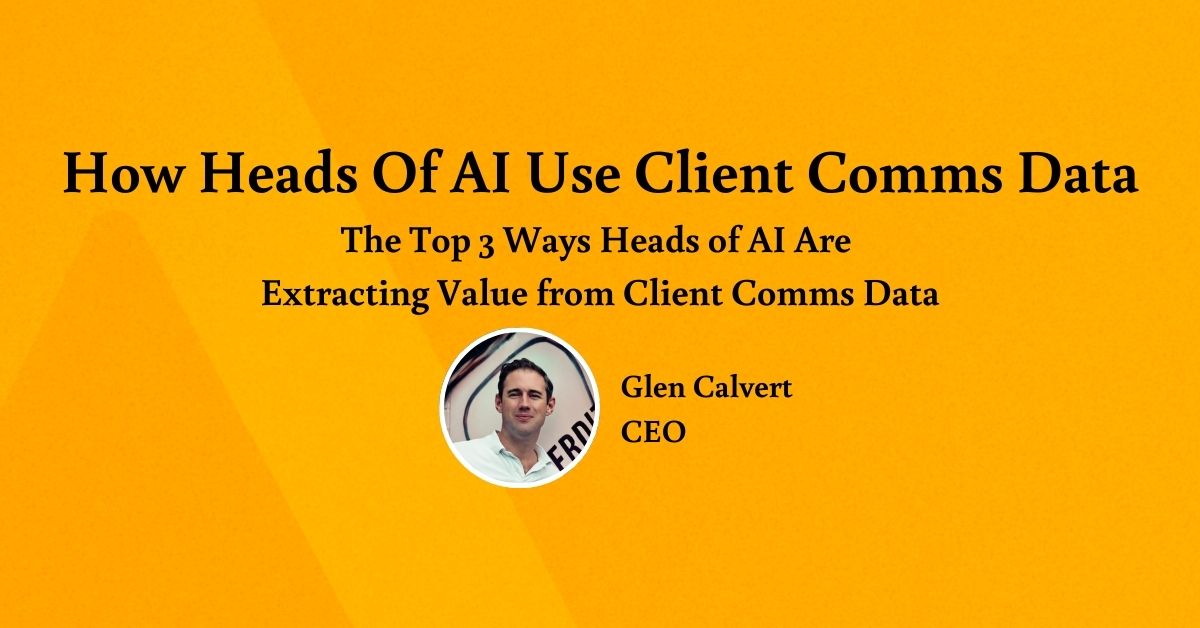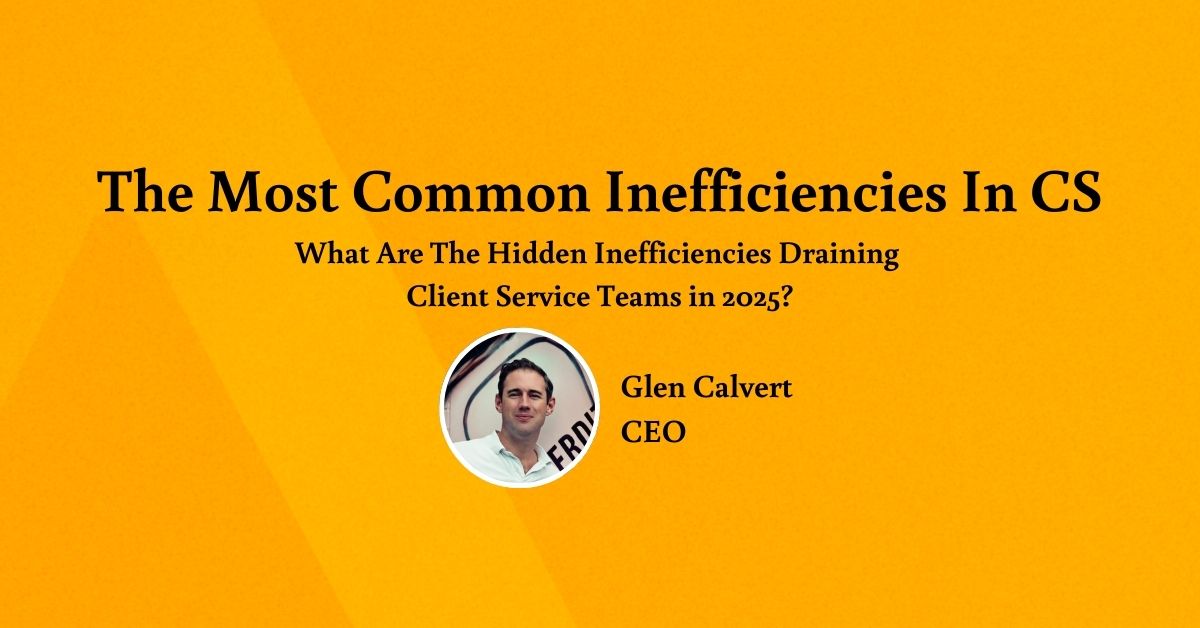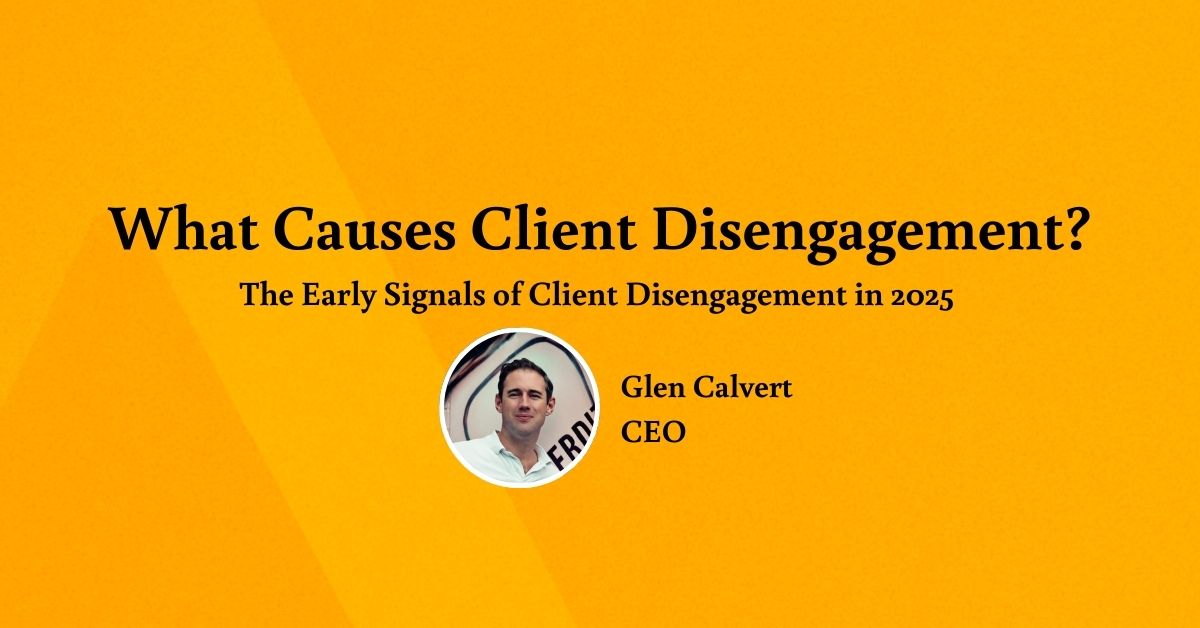Objective: TKF wanted to live to their values of being data led in order to deliver value to clients, and apply the same methods to service delivery.
Results: All metrics increase; time spent with clients, response times, and a reduction in teams having to do internal admin that doesn’t deliver value to clients.
What can you tell us about The Kite Factory?
I’ve been at the agency for 13 years now, since then the agency has grown from 25 to 100 people. We exist to help clients grow their businesses so we can grow our own and that’s where as an independent agency we can make the right decisions for clients. We deliver effective growth through their media investments so our clients can continue to invest more.
What has your journey to implementing AI and automation into your teams been?
We help our people to do better work through the use of AI and automation. I’d say we’ve come from quite a standing start, but something which we hear about a lot in the industry, is there’s a lot of people looking to get on the front foot with AI. Where we have found it has helped our people is by freeing up their time to do more interesting tasks. It’s taken some of the more laborious tasks off their plate, and freed them up to do better work for our clients.
How did the team respond to AI being introduced?
Once the team had gotten over the initial hurdles of how to use it or how potentially a business could use it to police people’s work it was great. We reframed it so they understood it was to help them do a better job and it wasn’t about policing at all. It’s how do you do a better job as a manager, how do you manage conversations with clients better and, how do you understand workflows? It became very interesting once they actually understood it was freeing up their time from the boring stuff and repositioned away from policing.
It’s a tool to help enable better work, I think generally people have been really on board and I think we’ve probably got probably 45-50 people using Kaizan now, it’s worked really well. It’s interesting because a lot of the time when we’ve onboarded any kind of dashboard product or anything that gives time back to our team, clients are immediately saying, well actually if you’re saving time doing work for us then do we have to pay less for it? But we are now able to position it that we’re using that time to do better work for you, and to take off some of the more laborious tasks out of the team’s workload so we can provide added value as opposed to cost-saving for clients. That’s where I believe clients find it really valuable in the sense that we can do much more award winning work.
There needs to be a point of distinction between automation and AI. I think it’s a massive topic at the moment if we do 45 pitches a year. How do we use AI and large language models to actually help build a repository of information that helps us pitch better? I think that’s where the challenges will come from clients because they are so aware of actually giving out too much data which could be used for lots of different things, but it’s actually how we position it in a way that actually provides value to that client as well. I think that’s the most important thing we can get our head around in terms of just using their data in the best way possible to make more effective decisions for clients.
If you do it in the right way, then people will embrace it and they’ll really lean into it. That’s where getting people more involved in dashboards, client sentiment, and all that side of things is actually really providing value to people so they understand why the business implemented this tool.
What is one of the major ways which AI has helped The Kite Factory?
We have 65 clients, 45 which are active at any point in time, where we can learn about the future of what’s happening in that clients sector, and with their audience and understand what’s happening in the media channels to help us shortcut what we’ve done manually, whether that’s through insight or consultancy services. It can get us to a point where we can speed things up and be strategic for a client’s business quicker than we’ve done before. As an agency, one of the things we aim to do for our clients is look at investment in time and that comes back to the effectiveness of our clients’ media investments. Everything we do is underpinned in measurement and solutions. Kaizan allows us to shortcut how we get to that measurement solution quicker than we would otherwise.
If you can do lots of different tests at the same point in time, which historically would have been done by literally humans doing it for hours in a day, how can you test several different things at one point in time to get to a better, more effective solution and apply it very quickly? That’s how we’re using AI at the moment.
How does The Kite Factory approach training for AI?
Often one of the last things on anyone’s priority list is normally training and that’s where we’ve really worked hard to kind of flip on its head. If you do the training in these things, that you’ll be able to do better work that’ll make your job more effective. Living by a value is encouraging people to think about the way we do stuff is not the best way it could be done. There’s always better ways of improving some of our processes and there’s always a more effective way of doing something, and that’s what we encourage. If we can free up people’s time to think more about how we can better our processes, then it’s better for everyone. Because that’ll help us in agency and also help individuals at the same time. As an independent agency, it’s one of the things we can do really well is we can be incredibly agile, we can make decisions really fast to benefit the client and that’s one of the reasons why we have such a good relationship with the clients. There is very little red tape, we’re not constricted by network implications and it just means we can act fast on what clients’ needs are, which is why we can develop products and services for our clients.
Who are you and what do you do at The Kite Factory?
I’m Gabby, I’m head of digital operations at The Kite Factory. My role is focused on instilling efficiencies, holding people accountable and increasing operational efficiency which includes delivering the right tech to deliver the best results.
How have you found the process of introducing AI?
We thought we would get a lot more challenges, but interestingly once we did the demo and everyone could see how Kaizan could positively impact them there was very little push back. AI is the zeitgeist at the moment with a lot of interest and that helped. As a product you can see tangibly how it can help you become more efficient.
How does AI play a role in what clients expect from you as a media agency?
Clients nowadays expect the media agency to fix every challenge not just marketing so we help with business and strategy. There’s a desire for agencies to help with any problem, not just media and I don’t see this going away, if anything, it’s going to increase in the future. Clients want more and more for their agencies but they’re less willing to pay more. That’s how AI can come in and help, agencies need to run as a business still but to deliver more without that additional financial compensation AI can help.
What do you expect the future of marketing to be like, because of AI?
Buying and optimisation will become less of what marketing agencies do, which is a good change because it takes up a lot of time and clients don’t tend to value it as highly as the creative and strategic work. A lot of the industry is programmatic now and as AI makes it more efficient and more effective it will continue to go that way. Our marketing services will prioritize strategy, business consultancy, planning, and creative thinking shifting from less of a buying to more of a thinking operation.



